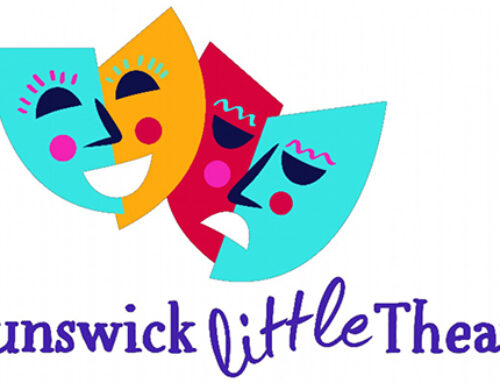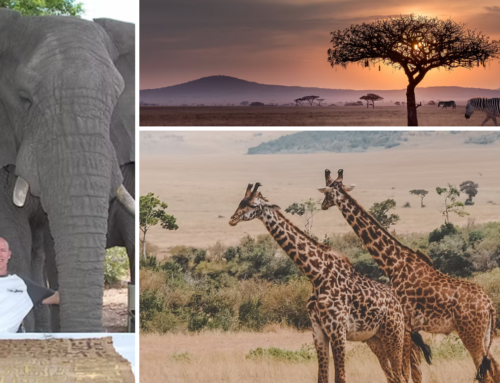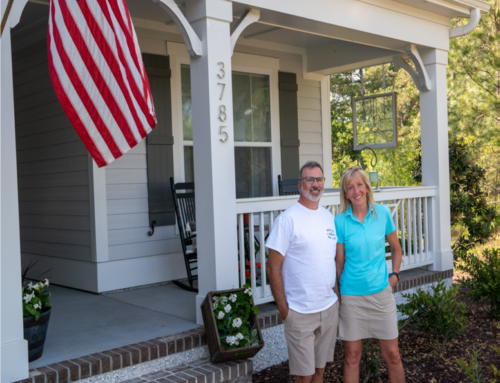Every day at The Bluffs on the Cape Fear, neighbors connect over shared moments—on the trails, at the clubhouse, or by the river. What makes this community so special isn’t just where we live, but who we live alongside. In this Resident Story, we’re excited to introduce David and Caroline Hewett, who traded city life for coastal calm—and brought their love of beekeeping along. Now, they continue their sweet passion for beekeeping, sharing both their story and their honey with neighbors.
We came to the US from the UK in 2009 in the wake of the economic downturn, and lived in Wake Forest, NC until David retired in 2024. We wanted a smaller home nearer the coast, without that feeling of houses on top of each other – the Bluffs met those requirements.
I’ve been fascinated by beekeeping since childhood as my father had an allotment (public land used to grow vegetables) and there were hives on the same land to aid pollination. For my 2019 Christmas gift, Caroline enrolled me in the North Carolina Certified Beekeepers training, and kicked off a hobby that has enthralled me ever since. We started with 2 colonies on our own land, and grew to 4 colonies, then moved our small apiary to mixed hunting & farmland outside Wake Forest, and expanded to 12 colonies. After moving to the Bluffs, we sought a new home, and currently have 8 colonies on undeveloped land outside Bolivia, NC.
Why is beekeeping so enthralling?
Beekeeping provides an intimate connection with the local environment and community. You learn all about the local flora and fauna, when the pollen and nectar producing trees & plants bloom, the crops the local farmers grow, their pollination requirements and the chemicals used to manage those crops. Most people love honeybees and are happy to educate you, and work with you.
Honeybee colonies are quite fragile, so it’s quite complex and challenging to be successful.
Then there’s the rewards – raw honey and beeswax.
Each year, we sell a little honey – Hewett Honey – to offset some of the costs.
If you’d like to help the bees, then think about the pesticides and herbicides you deploy, and consider setting aside a small pollinators friendly area of your garden.

 360˚ Tour
360˚ Tour Oak Island Webcam
Oak Island Webcam






